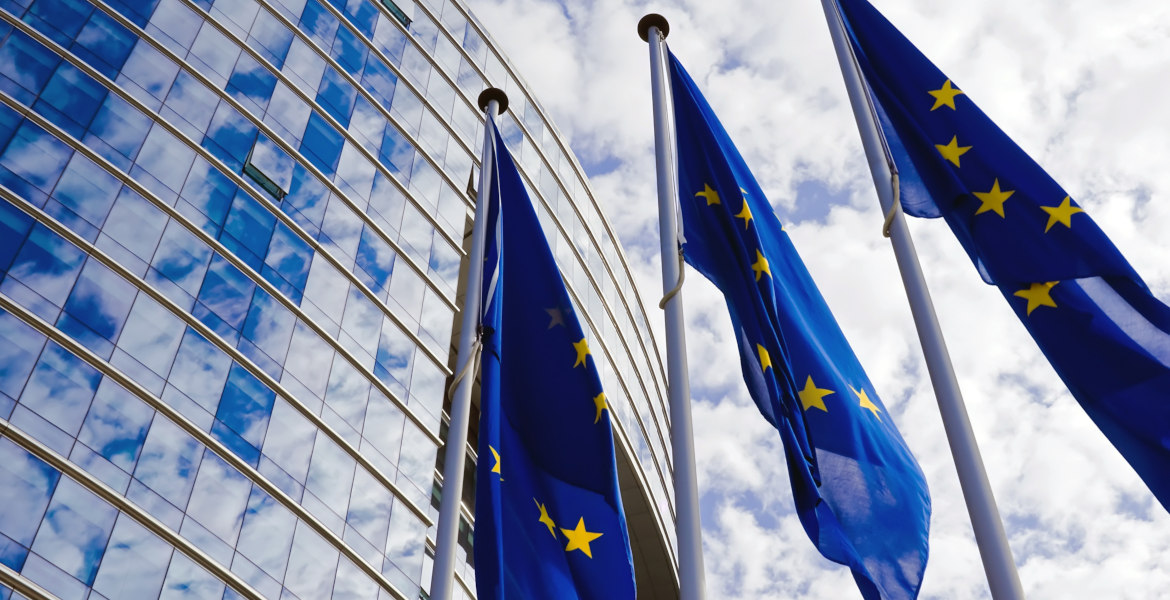Interior Minister Gérald Darmanin has announced his intention to ban the Academia Christiana, a movement of traditional and identitarian Catholics.
Darmanin, whose ministry has already criminalized several other opposition groups as allegedly "dangerous" and "extreme", said in an interview that he would seek to dissolve the Academia Christiana "in the coming weeks".
The Ministry of the Interior claims that the Catholic movement, among other things, "justifies and incites violence" and "legitimizes the use of weapons" and must therefore be criminalized.
– They use the vocabulary of war and explicitly encourage their followers to arm themselves and go on crusades, it is claimed.
Academia Christiana, founded in 2013, denies any accusation of being "pro-violence" and presents itself as an educational institute in the fields of spirituality, morality, education and sports.
It is led by Victor Aubert, professor of French and philosophy at the Institut Croix des Vents in Sées, a private school run by the Catholic Fraternité Sacerdotale Saint-Pierre.
– They are apologists for anti-Semitism. They are great supporters of collaboration and of Pétain (head of state of Vichy France). In our opinion, this does not correspond to the values of the French Republic, Darmanin said.
"Second-class citizens"
In response to the government's decision to dissolve the organization, Academia Christiana accuses the authorities of treating Catholics as second-class citizens by trying to "ban any thought or reflection that is not secular and consumerist ideology", it said.
The organization says it will challenge its planned dissolution before the Council of State, France's highest administrative court, which has been tasked with reviewing several other dissolution orders by the Interior Ministry.
In the interview, the interior minister revealed that "at least three other far-right groups" were under investigation by the country's intelligence services, but did not provide specific details. Darminin has vowed to crack down on what he calls "violent right-wing groups" after far-right protests last month led to several arrests.




